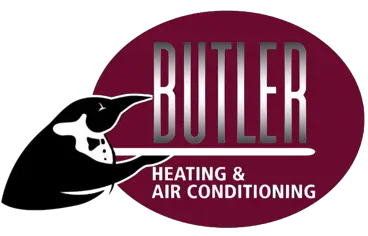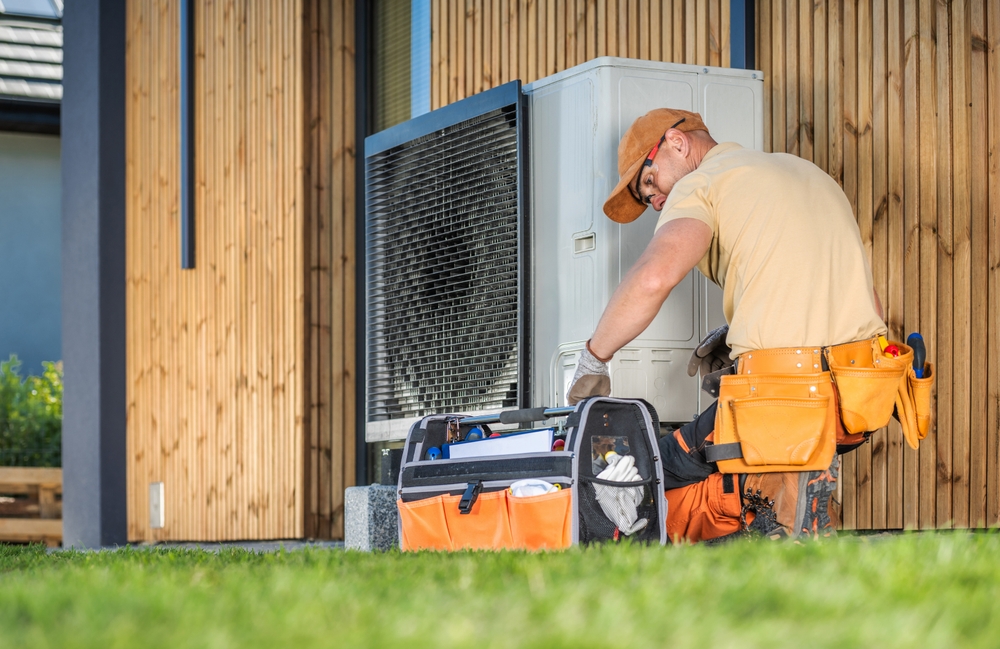Your home’s HVAC system works tirelessly behind the scenes to keep you cool during sweltering summer days and warm on the chilliest winter nights. Given how much we rely on these systems, it’s natural to wonder, “How long will my HVAC system last?” On average, modern central air conditioning units and furnaces can last about 15 years before they start consuming more energy and experiencing costly problems.
The good news is that with a few simple, proactive steps, you can extend the life of your HVAC system well beyond the average lifespan and save money while doing it. Here are five essential tips to help you get the most out of your investment.
Change Your Air Filter Religiously
If there is one maintenance task that every homeowner can and should do, it’s changing the air filter. Your system’s air filter is designed to trap dust, pollen, pet dander, and other airborne particles so that they do not circulate throughout your home and, more importantly, so they do not enter the sensitive internal components of your HVAC unit.
When the filter becomes clogged with debris, it forces your system to work much harder to pull in air. This restricted airflow puts immense strain on the blower motor, which can lead to overheating and premature failure. A dirty filter also reduces the system’s cooling and heating efficiency, meaning it has to run longer to achieve the desired temperature, driving up your energy consumption and utility bills. You can avoid all of these problems and improve your home’s indoor air quality simply by changing the HVAC filter on a routine basis.
How often should you do this? Well, for most standard 1-inch filters, a good rule of thumb is to check them monthly and replace them at least every 90 days. However, this can vary. If you have pets, live in a dusty area, or have family members with allergies or asthma, you may need to change the filter as often as every 30 to 45 days.
Keep the Outdoor Unit Clean and Clear of Debris
Your HVAC system is a split system, meaning part of it is inside your home (the furnace or air handler) and part of it is outside (the condenser unit). The outdoor unit plays a crucial role in the cooling process by releasing the heat that was removed from your home’s air. To do this effectively, it needs unrestricted airflow.
Over time, however, the outdoor condenser can become covered in dirt, grass clippings, leaves, and other debris. This then clogs the fins of the condenser and severely impedes the heat transfer process. When the unit can’t release heat efficiently, it has to run longer and work harder, putting excess strain on the compressor. It’s important to note that compressor failure is one of the most expensive HVAC repairs and can even force you to invest in a premature HVAC replacement.
To prevent this, make it a point to regularly inspect your outdoor unit. Maintain at least two feet of space around the entire unit. Trim back any shrubs, bushes, or overhanging tree branches that could obstruct airflow. Additionally, remove any leaves, twigs, or weeds that have accumulated around the base. This simple outdoor housekeeping will make sure your system can breathe easily and operate efficiently year after year.
Do Not Block Air Vents
Your system is designed to handle a specific volume of air, and when that airflow is restricted, it creates a pressure imbalance that can strain critical components and reduce efficiency. So, from time to time, take a walk through your home and check all the supply and return air vents. It’s common for vents to be blocked by furniture, rugs, curtains, or even children’s toys.
When a supply vent is blocked, the conditioned air can’t get into the room, leading to uncomfortable hot or cold spots. More importantly, it increases the pressure within your ductwork, which can lead to air leaks and put extra stress on the blower motor. Similarly, blocking return air vents starves your system of the air it needs to function. This can cause the system to work harder, overheat, and ultimately fail sooner.
In addition to keeping vents clear of obstructions, make sure they all remain open. Closing supply vents in an attempt to save energy is a common misconception that actually does more harm than good. It disrupts the system’s balance and causes unnecessary strain.
Keep an Ear & Eye Out for Problems
Your HVAC system will often give you warning signs before a minor issue turns into a major catastrophe. So, be on the lookout for any problems and address them as soon as possible to prevent irreversible damage and extend the life of your HVAC system.
Start by listening for any unusual noises coming from either the indoor or outdoor units. Grinding or squealing sounds can indicate a problem with the motor bearings. Banging or clanking could mean a part has become loose or is broken. And a buzzing or humming noise could signal an electrical issue.
Be sure to also pay attention to any visual or olfactory clues that your HVAC system is in trouble. Do you see any water pooling around the indoor unit? This could be a sign of a clogged condensate drain line, which, if left unaddressed, can cause water damage to your home and create a breeding ground for mold. Do you notice any strange odors when the system kicks on? A musty smell might indicate mold in the ductwork or on the evaporator coil, while a burning smell could be a serious electrical problem that requires immediate attention.
The bottom line is: if you notice anything out of the ordinary, don’t ignore it. Call a professional right away.
Schedule Biannual Maintenance
Scheduling a professional tune-up for your air conditioning system in the spring and your heating system in the fall is the single most effective investment you can make in extending the life of your HVAC system.
During a professional tune-up, a certified technician will perform a comprehensive inspection and cleaning that goes far beyond what a homeowner can do. They will clean and inspect all the internal components, including the evaporator and condenser coils, the blower motor, and the condensate drain line. They will check refrigerant levels, test electrical connections, lubricate moving parts, and calibrate the thermostat. This meticulous service not only ensures your system is running at peak efficiency, which saves you money on energy bills, but it also allows the technician to identify and address small problems before they escalate into major, costly repairs.
Butler Heating & Air Conditioning Makes Maintenance Easy
Because life gets busy and HVAC tune-ups can fall by the wayside, one of the smartest decisions a homeowner can make is to sign up for a professional maintenance agreement. It takes the guesswork and hassle out of HVAC care while providing peace of mind and significant savings.
At Butler Heating & Air Conditioning, our comprehensive maintenance plan is designed to make your life easier and extend the lifespan of your HVAC system. As soon as you sign up, we’ll get you on a regular schedule for furnace and air conditioner inspections so that you can trust your heating and cooling equipment will be ready to address your needs at any point in the year. As a plan member, you’ll also benefit from priority scheduling, discounts on repairs, and no after-hours fees for emergency calls. What a steal, right?
Protect your investment and ensure your family’s comfort year-round by calling the experts at Butler Heating & Air Conditioning. We can help with everything from emergency AC repairs to routine furnace maintenance. Schedule your service today!

